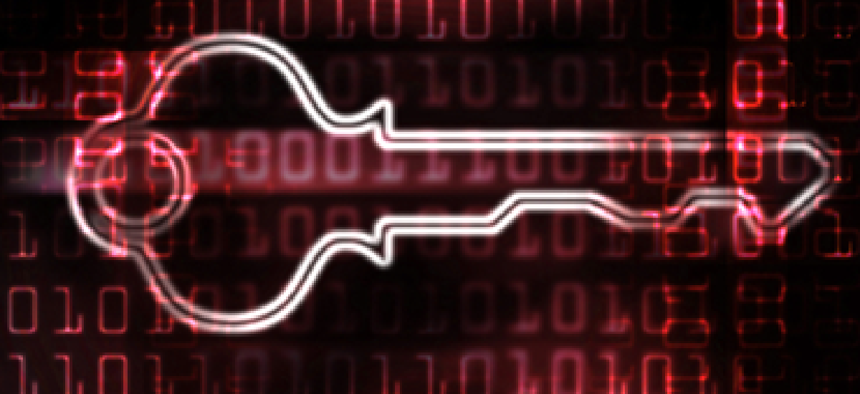Does quantum computing bring security promise?

The CIO of the agency responsible for guarding the country's nuclear weapons said quantum computing will bring cybersecurity breakthroughs.

Although some IT experts see great cybersecurity risks with the rise of quantum computing, the lead security officer at the National Nuclear Security Administration sees an opportunity for greater security.
NNSA CIO and Chief Information Security Officer Wayne Jones wrote in an Oct. 26 blog post that quantum computing and big-data analytics offer greater leverage against growing cyberthreats.
"Quantum and exascale computing will fundamentally impact computing capabilities across science and information security," he wrote. "It will allow us to exchange information and respond to cyberthreats at an incredible rate. The advances happening in big-data analytics provide us with new ways to assemble, break down and understand data."
Jones added that "never before have we been able to move with the combined speed and accuracy that these fields are bringing to the table. It’s an exciting time to work in the cyber field."
Quantum computing uses quantum mechanics to analyze data instead of the binary techniques used by modern computers. The new capability can analyze data at far greater speeds than traditional computers, potentially opening broad new horizons for cryptography.
NNSA guards the U.S. nuclear weapons stockpile, works on nuclear non-proliferation, and responds to nuclear and radiological emergencies in the U.S. and abroad.
Experts have predicted that quantum computing will bring great risk to an already risky cybersecurity environment because encryption algorithms that today are effectively uncrackable could not withstand quantum computers' processing power. They say new defenses must be developed to get ahead of the looming risk.
In a September report for the Global Risk Institute, Michele Mosca, co-founder of the Institute for Quantum Computing at the University of Waterloo in Ontario, Canada, estimated that there is a one-in-seven chance some of the fundamental public-key cryptography tools that undergird today's cybersecurity protections will be broken by 2026. By 2031, he predicted, the odds would be 50-50, essentially rendering those tools useless.
Although quantum computing is still developing, some advances -- such as China's recently launched quantum satellite communications platform -- are already setting the stage for a new cybersecurity world, Mosca said in recently published papers.
"Although the quantum attacks are not happening yet, critical decisions need to be taken today in order to be able to respond to these threats in the future, and organizations are already being differentiated by how well they can articulate their readiness," he wrote.


